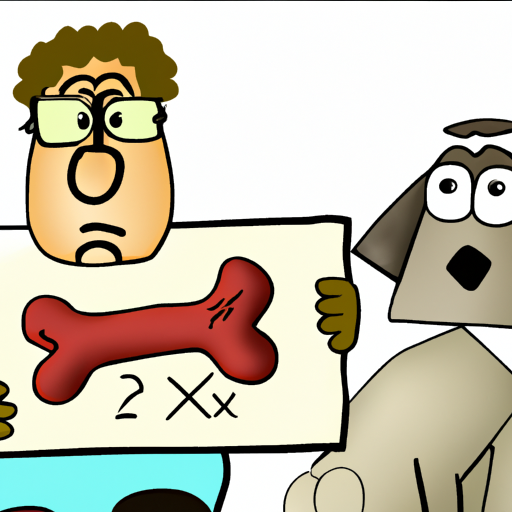You, as a caregiver, are probably very aware of the risks that certain foods pose to your beloved dogs. One common concern that arises is the question of what happens if dogs eat chicken bones. This article aims to delve into this topic, providing comprehensive information for you to make the safest choice for your pet.
Understanding Why Dogs are Attracted to Bones
Dogs and bones seem synonymous, don’t they? This relationship dates back to their wolf ancestors who thrived on bones in the wild. However, domesticated dogs are not equipped to handle all types of bones, especially not chicken bones.
- Raw bones can be softer and easier for dogs to digest
- Cooked bones, particularly chicken ones, pose a significant hazard
The Risks Associated with Dogs Consuming Chicken Bones
As caring pet owners, it’s vital to understand the risks associated with your dog consuming chicken bones. They are:
- Choking: Chicken bones can be small, and dogs might not chew them thoroughly.
- Intestinal blockage or perforation: Sharp bone fragments can tear through a dog’s digestive tract.
- Dental Damage: Hard bones can break a dog’s teeth.
- Salmonella Infection: Raw chicken bones might carry harmful bacteria like salmonella.
Recognizing Symptoms of Bone-Related Injuries
Understanding signs of distress in your dog can help you take swift action. Look out for these symptoms:
- Difficulty breathing or excessive coughing
- Vomiting or diarrhea
- Bloody stool
- Loss of appetite
- Abnormal behavior or lethargy
What to Do If Your Dog Eats a Chicken Bone
Remain calm and take immediate action. Here are some steps you can follow:
- Do not induce vomiting: This could cause more harm if the bone is lodged in a particular way.
- Check for symptoms: Look for signs of distress as mentioned in the previous section.
- Consult a vet immediately: Provide them with all the necessary information.
Preventing Future Incidents
Prevention is always better than cure. Here are some strategies you can employ:
- Train your dog to understand the ‘leave it’ command.
- Keep garbage cans secure or out of reach.
- Educate others in your household about the dangers of feeding chicken bones to dogs.
| Strategy | Implementation |
|---|---|
| Training | Use positive reinforcement techniques to teach them to avoid chicken bones. |
| Secure garbage | Use lids or place them in areas inaccessible to your pets. |
| Educate household | Ensure all family members, especially children, understand the risk chicken bones pose to your dog. |
Frequently Asked Questions
Q: Can a dog digest chicken bones?
A: While dogs can digest certain types of bones, chicken bones are not one of them. They are often too hard and can splinter, causing harm.
Q: What should I feed my dog instead of bones?
A: There are many safe alternatives available, including dog-friendly chews and toys.
Q: How long does it take for a dog to pass a bone?
A: It can take anywhere from 24 to 72 hours, but if you notice any distress signs, contact your vet immediately.
Remember, as a caregiver, your priority is always your pet’s wellbeing. With the right information and precautions, you can ensure they stay safe and happy.



